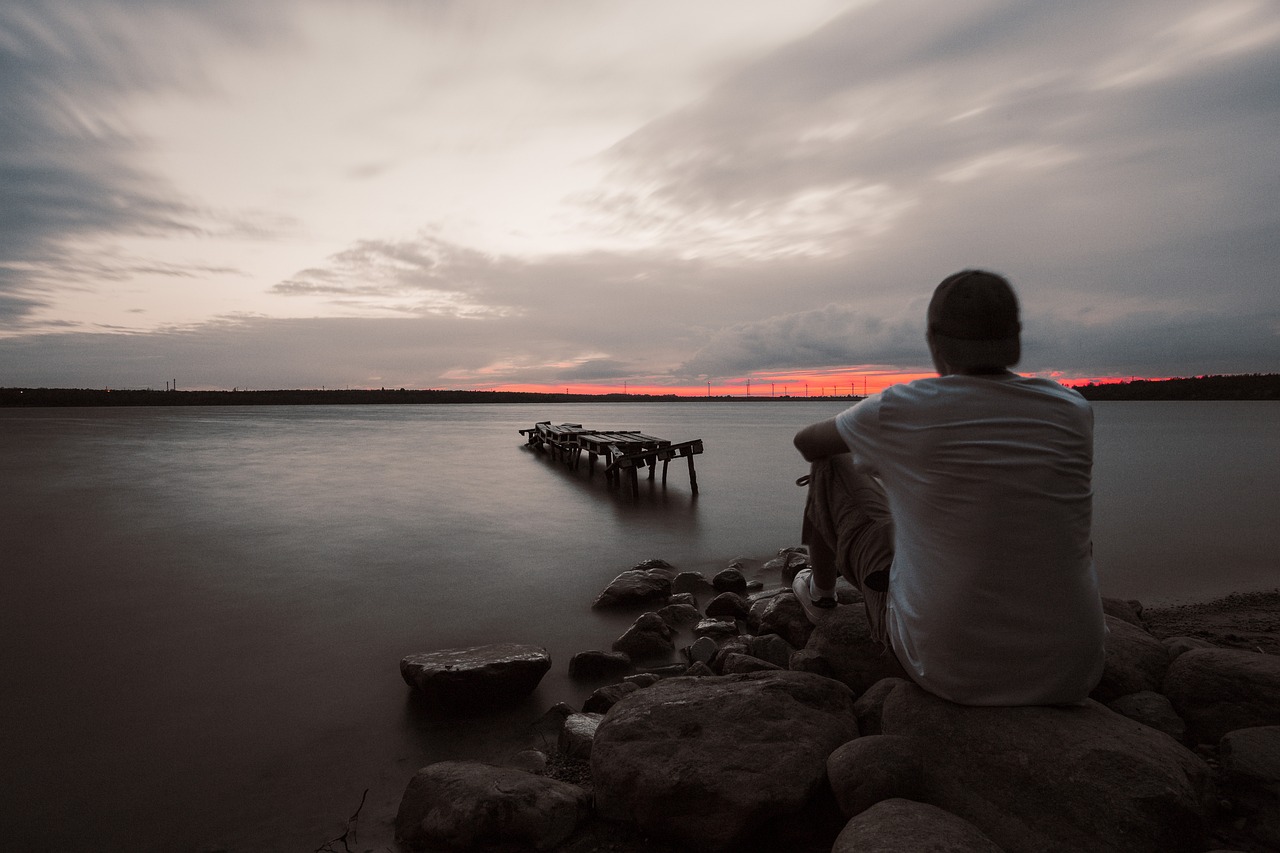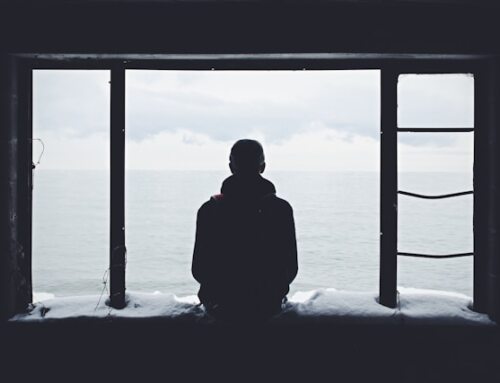I sat at my kitchen table looking at the morning sun. It glistened off of the grass in my backyard, making my eyes squint.
After returning to Canada from Asia, everything felt brighter for a few months. The city I’d been in was a polluted concrete jungle, as much as I enjoyed parts of it and its people. So seeing fresh morning sunlight was a rarity, especially on dewy grass.
My social life brightened, too. My family was here. Many friends, too, had remained in town a year after our grad.
I was home again. It was a strange honeymoon-like feeling. No reverse culture shock. Just relief and excitement to return to the familiar with new possibilities.
Of course, honeymoons by definition do not last.
New Place, Same Demons
Fast forward a few months and I was in a new city – another new city – away from home and friends. This was still Canada, so that made it easier. People spoke English. And there were cool people and co-workers that I got to know – again, it all helped.
But just a few months in, I got a visit from some familiar demons: depression and anxiety.
I thought I’d left them in Asia.
The long short of it all was this: my problem was loneliness. I’d felt it in my fourth year of University, even though I had some good friends around me. Then, in Asia, when my friend group there was tiny and fractured and full of conflict that we didn’t know how to handle as young adults, I got as lonely as I’d ever been. Returning to Canada helped at first, but a new city and internal disconnect from myself meant that I really wasn’t with anyone.
Loneliness is probably the precursor to depression and anxiety. Your body knows when you don’t have real friends or community, and responds accordingly (i.e. goodbye, serotonin).
Loneliness is not the same as isolation or solitude. Those are states of being, and they become problematic only when excessive. Loneliness, on the other hand, is a sense that you are disconnected emotionally and socially from other humans. Loneliness results ultimately from a lack of authentic community.
Authenticity and Loneliness
I include the word “authentic” because there’s a difference between people knowing you and people knowing a version of you. If there’s a disparity between who you are underneath and what people see, then you aren’t really connected to anyone, and you therefore aren’t really validated and understood. The secret self will fester underneath, it and all its imperfections and even sins, and it will transform or perhaps decay over time. Who knows what that will do to your psyche?
Would you even recognize yourself in a few decades?
While I had felt great coming back home to family and friends, my move to Guelph – or, more specifically, those new relationships – highlighted that even with those lovely people, I was less connected than I wanted to be. Some of it was the fact that I had been away for a year; some of it had to do with my own inauthenticity and insecurity.
Kinda hard to feel connected with others when you’re really not connected to yourself, cliche though it might sound.
The Long Road Out of Darkness
My long trek out of depression took the form of intentional socializing, hard work connecting emotionally and vulnerably with others, and building a life that was stable as well as fun. It also involved a lot of therapy, where I could speak honestly with a professional who wouldn’t talk to anyone about me (helps with the authenticity thing), and who could help me understand and articulate my emotions and work on my inner thoughts and beliefs.
It was and has been a brutal slog, but it was worth every single swing. And while it might sound strange, I’m actually grateful for the awful feeling of loneliness and sadness that hit me when I was at my worst. The blues made me want to get healthy, get social, and improve my life. I might not have felt super motivated to do all those things in the depressive moment, but feeling blue still helped.
A favourite author of mine, Dr. Henry Cloud, suggests that the feelings of loneliness exist to push us away from loneliness back into connection. For some, unfortunately, it can lead to withdrawal, especially if we’re prone to shame or negativity.
But these, too, can be overcome.
If you stand up and fight, wake yourself up every morning, get some professional help where appropriate, and sacrifice enough pride to admit your need for help and ask for it from others, you can get there. Loneliness can be a thing of the past. You could have a community and sense of belonging and security that many only dream of.






[…] simple fact is you cannot remain alone if you wish to beat […]